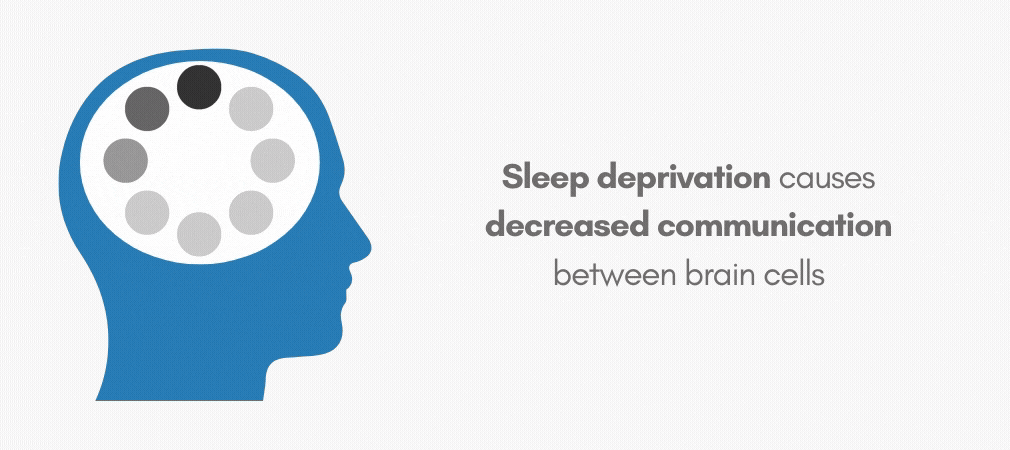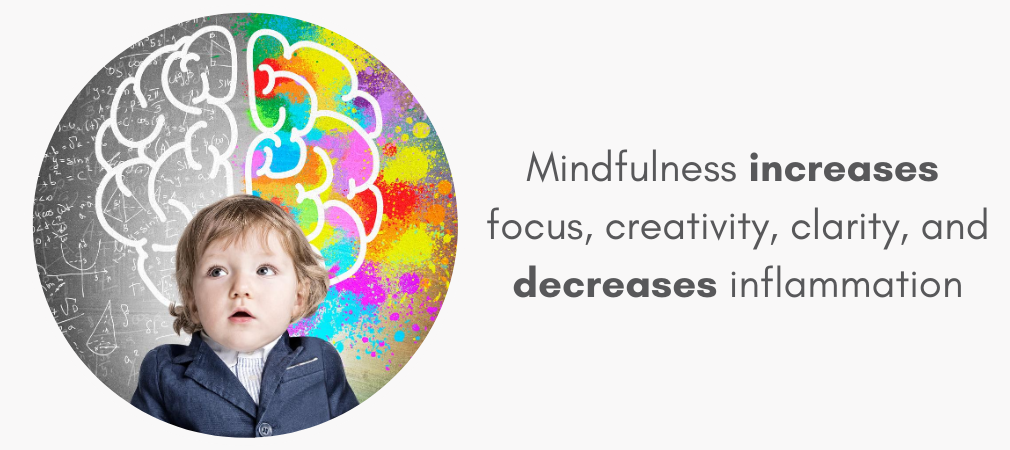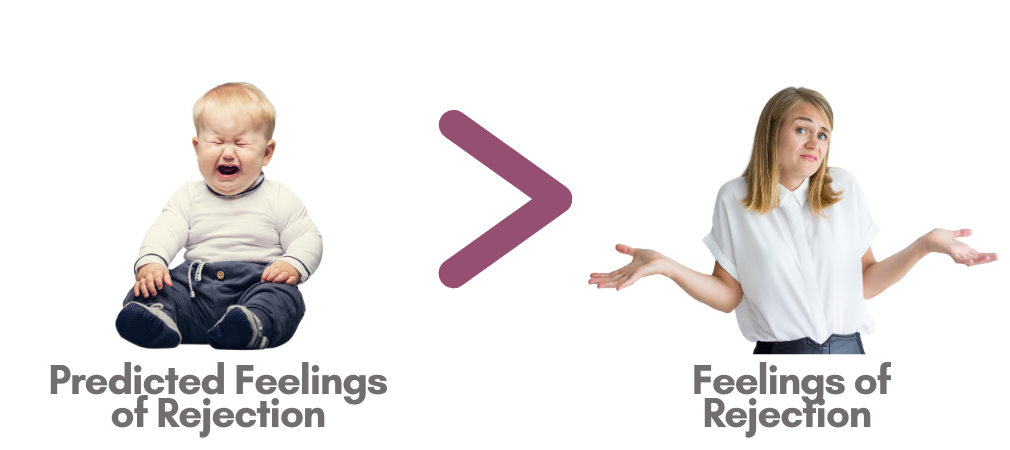3 Tips to Improve Your Psychological Immune System
Maintaining your psychological immune system is as important as maintaining your physical one. When you don't feel well, little else seems to matter.
Let's dive into three quick tips to help maintain your psychological immune system.
Sleep Well Consistently
Struggling to get a good night’s sleep consistently does much more than just feeling bad the following day.
Have you ever heard of the name Randy Gardner?
He holds the longest scientifically documented period without sleep without stimulants.
Randy managed to stay awake for 264.4 hours. I’ll save you a little math on this one. That’s 11 days and 24 minutes.
Remarkable!
And what price do you think poor Randy paid for going that long without sleep?
He suffered many psychological problems, with paranoia and hallucinations topping the list.
But, to be fair, this is a truly extreme example. What if you just consistently cut your sleep short?
Nir et al. (2017) conducted a fascinating study where they found that sleep deprivation interferes with communication between brain cells.

These disruptions not only cause people to feel zoned out, but it also leads to lapses in memory and even hallucinations.
So, it's essential to get a good night's sleep consistently.
Here are a few quick tips to get you on the right track:
- Reread the first bullet point (it's that important)
- Keep your room dark
- Minimize the screen time before bed (aim for a minimum of 30 minutes without screen time before going to sleep)
- While trying to fall asleep, have something interesting and stress-free to think about (trying to think about nothing will likely lead to worry)
- If you can't resist napping, set the alarm and don't exceed 45 minutes (ideally, in the early afternoon)
- When attempting to sleep, focus on relaxing (don't put too much pressure on yourself to fall asleep)
Stay On Top Of Your Stress Level
Stress isn't inherently bad. If you weren't stressed at all, you probably wouldn't get out of bed in the morning.
But beyond a bit of eustress (better known as that little bit of "good stress" that helps us get going), the goal is generally to reign in climbing stress levels consistently.
But how damaging can stress be?
Chetty et al. (2014) conducted a series of experiments where they found that long-term stress disrupts the brain's balance between white and gray matter.
This is particularly important when it comes to mental health.
The imbalance between white and gray matter has been observed in various disorders such as Anxiety, Depression, ADHD, PTSD, Autism and Schizophrenia.
This doesn't mean that prolonged stress will create these issues, but there is a correlation between the two.
Bottom line - long-term stress can be damaging, and it is essential to prioritize time to manage your stress consistently.
Here are a few stress basics to help get you started:
- Maintain a consistent daily routine (your body and mind-like routine)
- Continue to exercise (the body wants to move)
- Periodically check in with your breathing (slow it down and breathe from your stomach)
- Drink water consistently throughout the day (we are 60% water, you need to function optimally)
- Eat small meals throughout the day (it helps to have consistent fuel to keep going)
- Make problems the correct size (we tend to make issues more significant than they deserve to be)
- Use relaxing self-talk (calming phrases can help you to avoid catastrophizing, which can lead to feelings of anxiety and panic)
- Challenge negative thoughts (bring out your inner lawyer and look at the evidence – chances are good that things aren't as bad as they seem)
- Prioritize time to focus on what's going well (there is always something in your life you can feel good about, even if you have to dig a little to find it)
Incorporate Mindfulness Meditation Into Your Day
A lot has been written about the benefits of meditation, ranging from boosts in attention and creativity to even helping to de-bias the mind (i.e., improve clarity with judgement and decision-making).

But how can mediation help your psychological immune system?
By reducing inflammation.
In the past several years, psychological research has taught us that inflammation is the enemy (just like it is with the physical body).
When you have a mental health issue, inflammation shows up in the brain and the body.
One primary example is how prevalent inflammation is in the stomach for several mental health issues.
And nowhere is inflammation more prevalent with a mental health issue than depression.
Enter mindfulness meditation.
Hofmann et al. (2010) completed a meta-analysis of 39 studies, showing that mindfulness meditation benefits depression.
There is a plethora of scientific evidence showing that mindfulness meditation is a highly effective treatment for depression.
Here are four fundamental pillars that you need when using mindfulness meditation.
Let's take a look at them:
Pillar 1 – Get into a comfortable position
It doesn't matter if you are sitting, standing or walking. But it would be best if you got into a comfortable position that will allow you to relax both the body and mind.

Pillar 2 - Take slow, deep breaths
To get relaxed, it is critical to slow down your breathing. And the best way to do this is to take slow, deep breaths from your stomach.

Pillar 3 - Find something to focus on
It's crucial to have an anchor to help ground yourself. And it doesn't necessarily need to be a visual target.
Whatever you choose to focus on can involve any of your senses.
It could be your breathing, looking at treetops while walking in nature or focusing on washing dishes.
But whatever you choose to focus on, you want to lock onto it.

And when you do this, your attention will waver unless you are naturally mindful or well-practiced in mindfulness.
No problem. Don't become discouraged and abandon your efforts at being mindful.
Recognize that your attention has drifted and return to what you initially focused on.
Pillar 4 - Don't engage with your thoughts
The goal here is to treat thoughts like thought bubbles in a foreign language you can't understand.
In this scenario, you want to sit back and watch as these thoughts drift by.
It's impossible to block out thoughts, but when they appear, the goal is not to judge or engage with them.

You have the rest of your day to deal with your thoughts.
If you aren't naturally mindful, I encourage you to start with as little as 5 minutes a day and work up to as much as 20 minutes a day if you have the time.
Do you typically deal with stressful situations better than you thought you would?
What do you do to cope emotionally after a rough day?
Join the conversation on Facebook!







